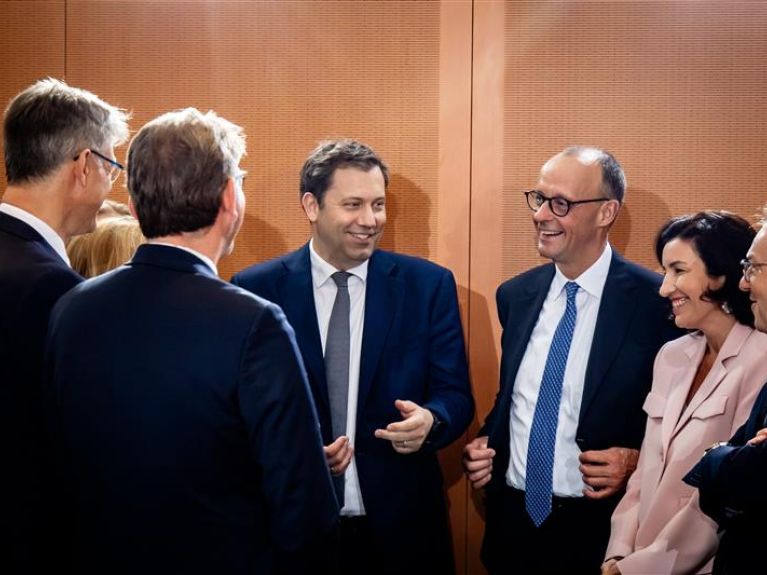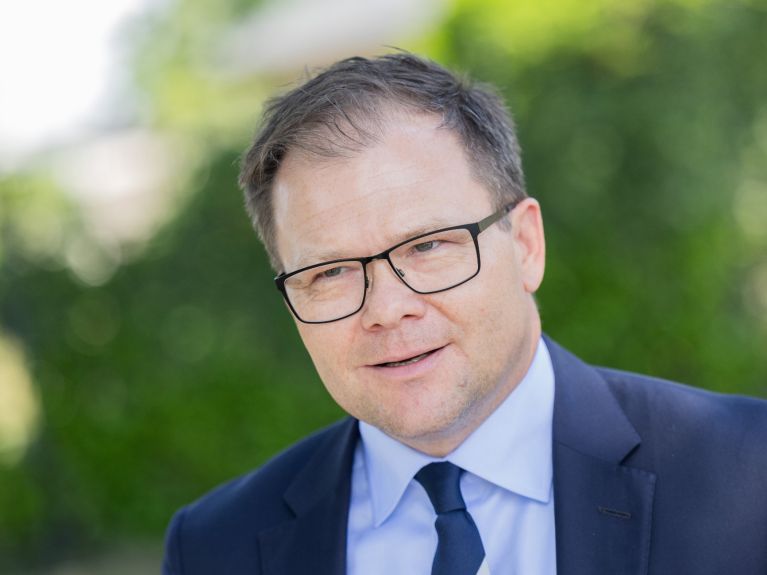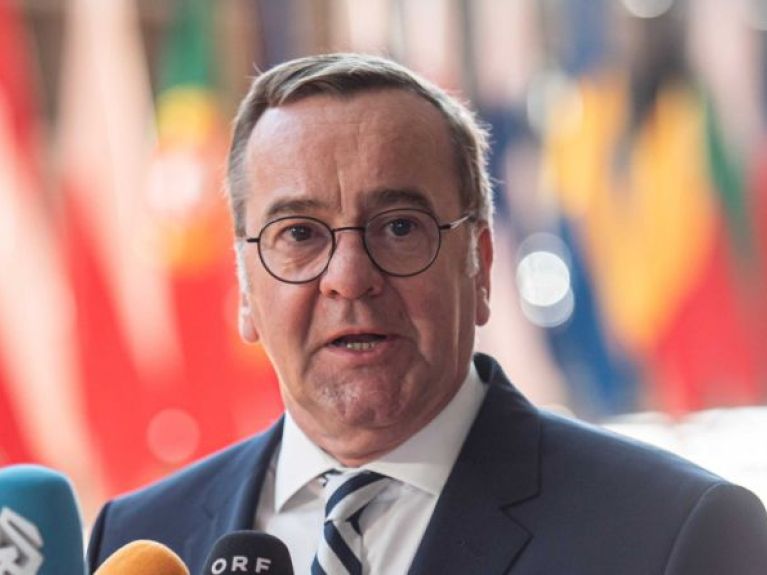These are the goals of the German government
From digitisation to defence: the new German government has big plans. Here are some examples.

Climate action and security of supply
Germany is to remain an industrialised country – while at the same time leading the transition to climate neutrality. To this end, renewable energies and the hydrogen network are to be expanded, approval processes accelerated and new gas-fired power stations built to ensure security of supply.
In his government statement, Environment Minister Carsten Schneider stressed the importance for society, security and the economy of protecting the environment and nature and mitigating climate change.

Accelerating the pace of digitisation
Germany now has a digital ministry for the first time. Minister Karsten Wildberger - formerly a top business executive - announced a “new culture of digital feasibility”: “Thedigitisation and modernisation of government administration have top priority.”
There are plans to introduce a digital identity card for all official administrative matters, a platform (“one-stop shop”) for registering online businesses within 24 hours and investment incentives in the form of write-offs. The transfer of data between notary’s offices, tax authorities and trade offices is to be fully automated. “Data privacy and AI regulations must not be an obstacle to innovation,” warns Wildberger.

Defence: big plans
In view of the international security situation, the German government has announced its plan to increase defence spending. In addition to the previous NATO target of two percent of gross domestic product, the coalition aims to increase expenditure to 3.5 percent of GDP, plus 1.5 percent for infrastructure that can be used for military purposes. Defence Minister Boris Pistorius stressed: “The threat we face has priority over our budgetary situation.”
Considerable investments in the latest weapons systems and cyber defence are planned. The number of Bundeswehr personnel is to be significantly increased - partly by introducing a new military service model. Chancellor Friedrich Merz wants to make the Bundeswehr the strongest conventional army in Europe. Ukraine is to be provided with continued active support.

Europe: strategic and capable of action
The German government wants to see a strong Europe. It wants more majority decisions in the European Council and to strengthen the European Commission in industrial policy terms. Germany supports the ratification of new EU free trade deals with Mercosur, India, Australia and the ASEAN states. A new transatlantic agreement with the USA is also being sought. The goal is to have a “strategic Europe” that remains capable of action and secures its supply chains. In addition, the coalition wants to promote the European hydrogen network. Europe is to become the driver of climate, economic and security policy - with Germany playing a leading role.


